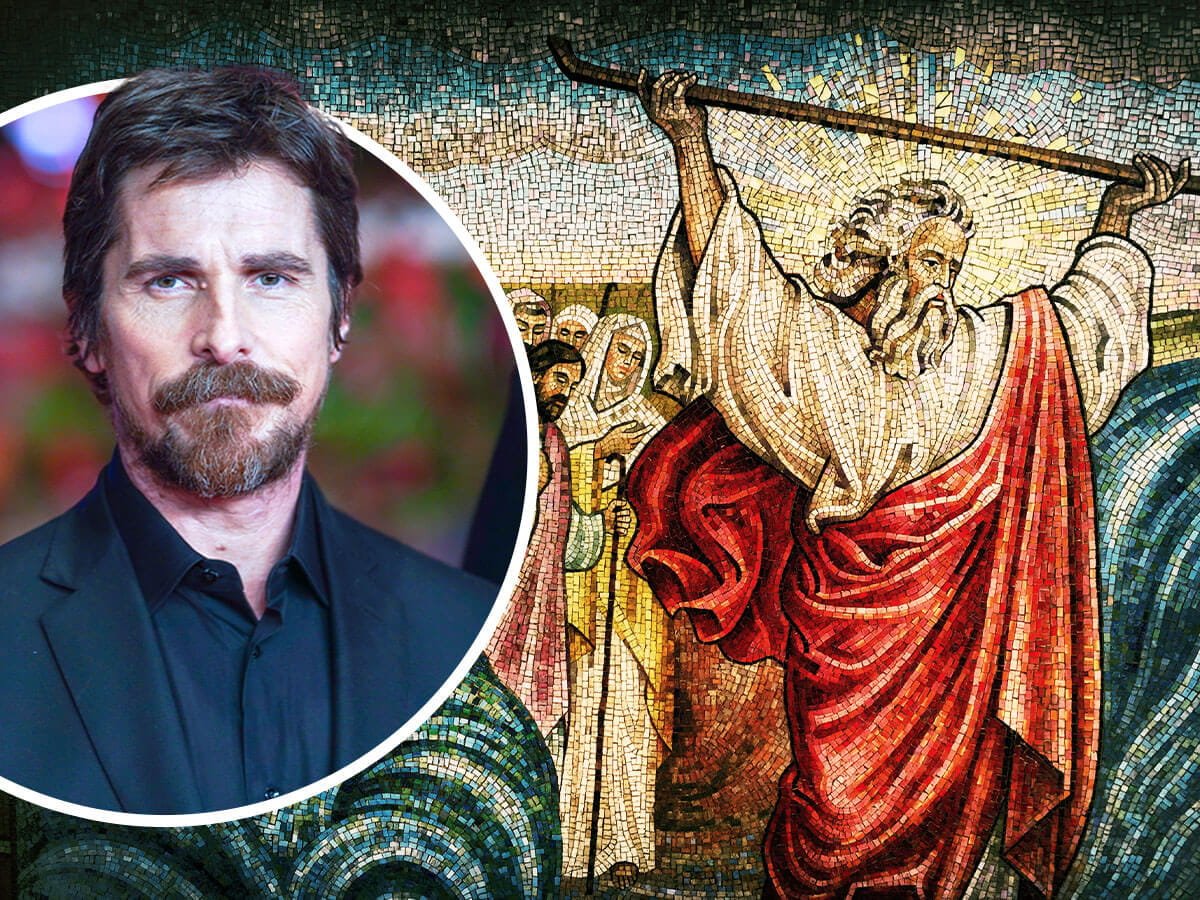Thankfully, first-time director Phil Morrison has resorted to none of these hoary stereotypes in his film "Junebug," which opened in some cities last week. The result is a lovely movie that brings cultures and classes into contact with each other, and then steps back to allow the awkward negotiations, conflicts, and interactions to work themselves out on their own. It also presents a rare screen portrayal of someone who is from one world but lives in another--a character who is neither wholly blue nor wholly red, to use current political parlance. The existence of this species isn't exactly news to many of us, but it is acknowledged all too infrequently in popular culture.
In the Baptist potluck scene, our bicultural hero, George, acts in a way that is natural, not Hollywood. It will be instantly familiar to anyone who has ever visited his or her childhood church as an adult. When the pastor comes over to his family's table and asks to say a prayer, George bows his head and closes his eyes, as his wife Madeline looks around uncomprehendingly. The pastor then coaxes George into performing the hymn "Softly and Tenderly," which he does with melodic ease and only slight embarrassment, hand in one pocket while the other holds a well-worn hymnal. He may not have been in the church for years, but he's wholly comfortable in it. The only sign that anything is amiss is the shocked look on Madeline's face: It is clear that she's learning both about her husband's religiosity and his musical talent at the same time.
But there's something else she seems to be trying to reconcile. In the very first scene of the film, we learned that George and Madeline met at a Democratic fundraiser. Like so many of us do, she appears to have assumed that from his politics she could safely deduce a number of things. Chief among these was the sure bet that George was secular like her--and certainly not a crazy Bible-thumper.
And he's not. The faith of George and his family doesn't have any of the fundamentalist baggage that Madeline might presume; it's not in-your-face. It does, however, flavor their lives, from the prayer George's sister-in-law offers at her baby shower to the rebuke she gives her husband ("God loves you just the way you are, but He loves you too much to let you stay that way") to the emphasis placed on family.
The cultural bridge is absent.
Read more on Page 2 >>
| _Related Features | |
| |
 |
Even so, the beauty of "Junebug" is that it doesn't caricature or romanticize either side. Most viewers, I suspect, will be drawn at certain points in the movie to feel smugly superior to one or the other of the character types on screen. A few beats later, however, they will find themselves wincing at those same characters. The British-born Madeline seems out of place with her fashionable black clothes, her too-short hair, and her touchy-feely interaction with her reserved in-laws (kiss-kiss on both cheeks). But she does spend the majority of the film trying to get along with them, and does so almost entirely on her own, as George is always conspicuously absent. It's hard to deny that these efforts--while awkward--are endearing. At the same time, just as the movie seems to be presenting George's family as refreshingly simple and unpretentious, there is no denying the snobbery in the instant dislike George's mother takes to Madeline. "She's a stranger," she fumes to George's father. "No she's not," he answers. "She's family."
The most aggravating aspect of the movie is the fact that Madeline and her in-laws are placed in an unnecessarily uncomfortable situation. They muddle through and coexist for a few days, but they are like citizens from two different countries whose interpreter has run off. George clearly did not tell either side what to expect, and in the absence of that direction, they are left to fall back on preconceptions.
There is, unfortunately, no shortage of those. I watched the movie at a Washington, D.C., screening and was surprised by the number of anthropological comments I heard about the church scenes and the family, as if they were just the most quaint artifacts. Even the director, a North Carolina native who was on-hand for a discussion afterward, felt the need to point out to the audience the "unusual" fact that one of the film's local actors was both a member of his church choir and head of the local arts council. "Oof," I thought. "If this all seems odd, there's still a lot of work that needs to be done."
And that is perhaps the point of the movie. When I told Morrison that I was unsatisfied by George's abdication of his role as cultural translator, the director said that I was supposed to feel uncomfortable. The tensions and misunderstandings in the movie, he explained, are what happen when those of us with dual red/blue citizenship fail to play a mediating role as translators and cultural ambassadors. Sometimes it's as simple as standing up and saying, I'm not who you think I am--but I'm also not who you think they are. "Religious Democrat" wouldn't seem like such an oxymoron if the Georges of the world came out and identified themselves for all to see.
| _Related Features | |
| |
 |

